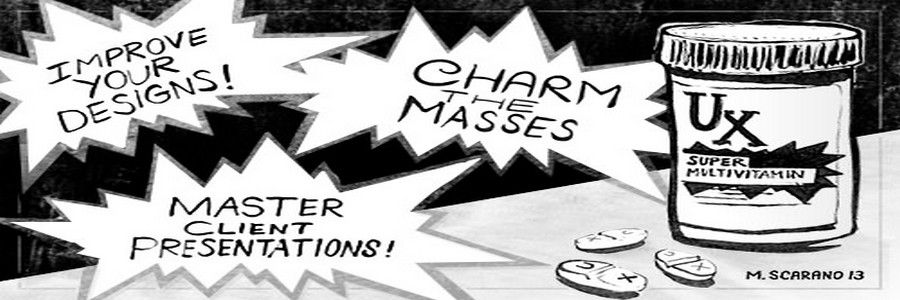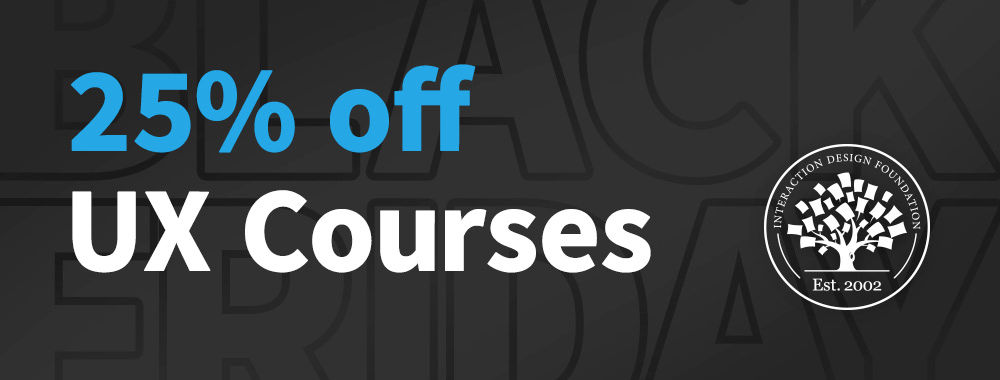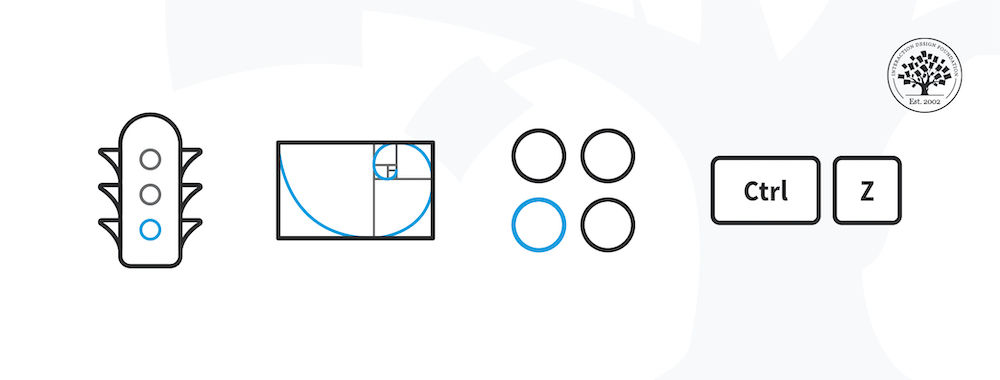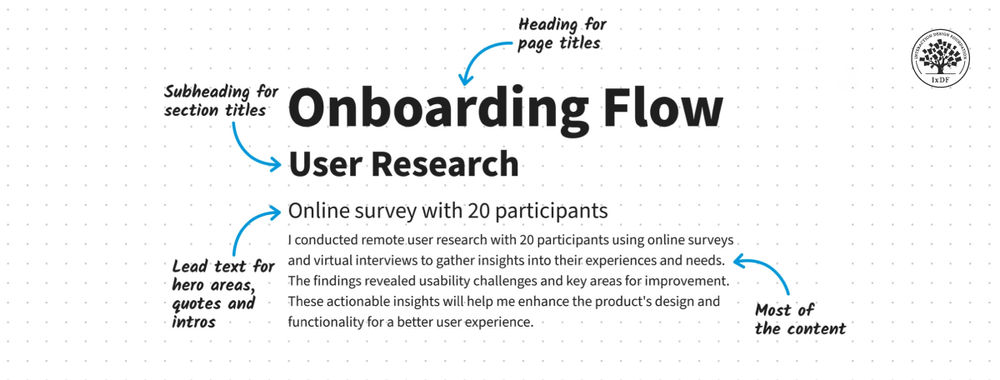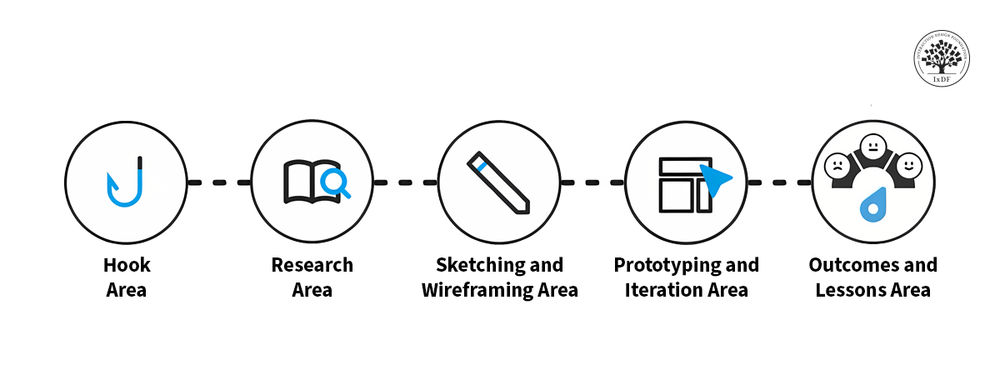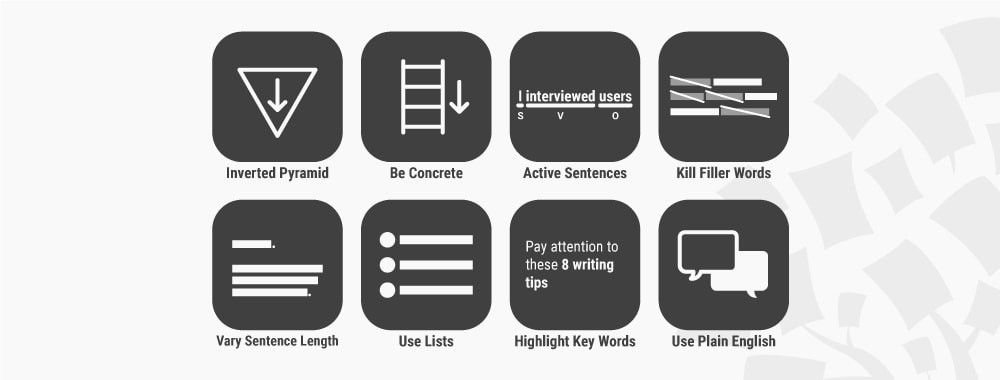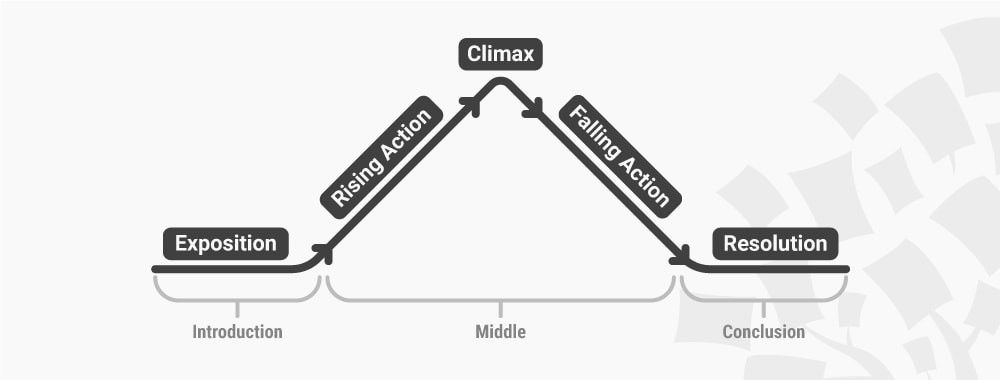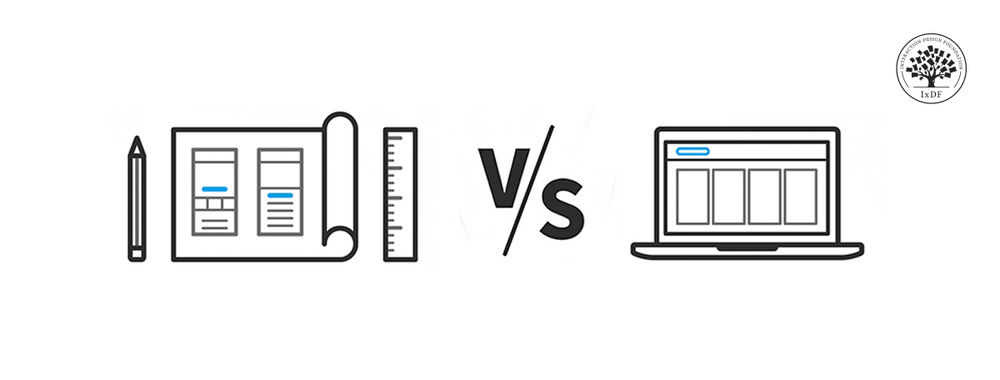If you’re a first time UX consultant on a project there are some things that you may not be prepared for. We’ve got some tips to making the most of your first assignment for both you and your clients.
Understand Business Objectives First
This should be taken as read but in our experience it’s often forgotten with the excitement of diving into investigating the user experience on a new project. It’s vital to know what the client expects to achieve through your work; if you miss that objective – it’s likely to lead to a very unhappy end on the engagement.
Understand and Agree the Project Communication Protocols

Author/Copyright holder: elycefeliz. Copyright terms and licence: CC BY-NC-ND 2.0
It is vital to understand how information should be communicated and with whom it should be communicated. Failure to get this agreed and in writing at the start of a project can lead to horrendous workloads down the line. If you’re one of those people who likes to dash of a one paragraph summary but you’re working for an organization that likes detailed 100 page reports on projects… you’re going to end up banging heads with your client. So agree on communication protocols up front and ensure you’ve budgeted enough time to communicate properly and in the way the client needs you to.
Be an Expert Not an Ass
It’s exciting to be seen as an expert and that’s exactly what a consultant is supposed to be. Unfortunately, many consultants see this as an opportunity to lecture their clients in patronizing tones of “Isn’t it obvious?” If you want to fall out with your clients; talking down to them is the way to go. They hired an expert because they need your expertise but they don’t need your attitude. Learning to work with all levels of an organization in a way that they respond to positively is part of the consultant’s job.
Meet Deadlines

Author/Copyright holder: Alan Cleaver. Copyright terms and licence: CC BY 2.0
If there’s one skill that’s going to keep you in a job as a consultant; it’s delivering what you said you would, when you said you would. Now, that doesn’t mean that you’re going to hit every milestone perfectly but it does mean you need to raise the possibility of timescale changes as early as possible. If you do miss a deadline; apologize and demonstrate how it’s never going to happen again. If you keep missing deadlines – it’s probably best to start looking for another job.
Know Where You Fit in the Project

Author/Copyright holder: Olga Berrios. Copyright terms and licence: CC BY 2.0
In most cases a consultant will have a direct manager at the organization they work for. You need to know who this is, and who is responsible for sign off on your work. A classic mistake is to agree to report to a committee of people; pleasing a committee is nearly impossible (and usually results in lots of additional work – this is great if you’re on an hourly rate but terrible news if you’re on a fixed price contract) and often results in problems that can’t be resolved. So know where you fit and ensure that the process of having your work accepted is not too onerous.
Header Image: Author/Copyright holder: Mike Scarano. Copyright terms and licence: All rights reserved. Img
